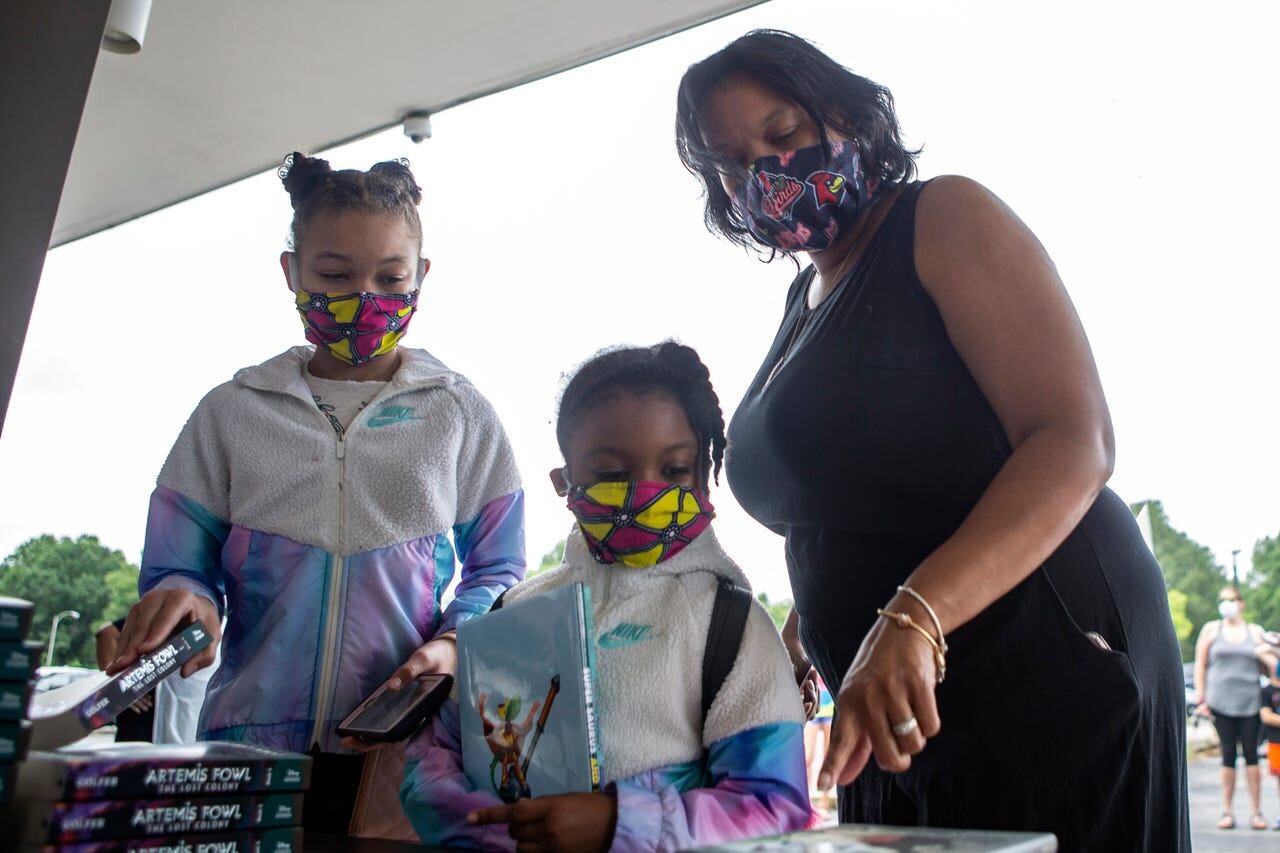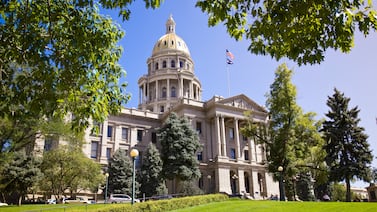Shelby County Schools leaders asked county commissioners for nearly $30 million for their next budget to expand summer programs for struggling students and to hire teacher assistants to improve reading.
The request would increase to about $50 million annually in the third year as the Memphis district hires more teacher assistants for students in K-2.
The school board met with Shelby County commissioners Tuesday evening to provide details about possible learning loss from school closures in the spring and share the administration’s proposals to help students catch up.
The Memphis district has delivered instruction all online since August, a method Superintendent Joris Ray defended to county commissioners as the state pressures districts to reopen classrooms.
“In-person learning is better than remote learning, but remote learning is not broken,” Ray said.
Nationwide, Black and Latino families were more likely to send their children to districts that started the academic year all online because of the pandemic. Educators worry that existing inequities will widen between students of color and white students because virtual learning has shown to be less effective than in-person learning.
Shelby County Schools previously reported that early student test results show learning loss was not as bad as national researchers predicted. But the number of Memphis students on grade level was still low. Ray acknowledged the district’s low performance is not new, but also said the pandemic’s historic disruption has strained district resources.
“This is not a small ask, but it is what we believe will move the needle significantly,” he said.
The district’s current budget is about $1 billion, but district staff typically ask for more money each year. The request would be on top of the amount the county is obligated to fund.
County commissioners did not act on the request Tuesday, but budget discussions typically start in January and stretch until June.
Tami Sawyer, the commission’s education committee chairwoman, said more money for education is paramount.
“We have a murder rate that’s rising, and when you look at these numbers, there’s your answer,” she said. “The question needs to be, ‘Why aren’t we putting our youth first?’”
In May, the county commission, which provides about half the district’s money, mostly from local property taxes, rejected the district’s $21 million request for the current school year. At the time, commissioners cited a tight budget from the pandemic’s economic downturn. In the past five years, commissioners have added millions of dollars to the education budget, but that has slowed recently.
Here is what is included in the district’s request starting in fall 2021:
- $11.8 million: Kindergarten through second-grade classrooms will each have a teacher assistant to support students learning to read. The request would increase to $23.7 million in the second year to add first graders and $35.5 million in the third year for second graders.
- $10 million: A five-week summer program for students struggling the most in English and math in all grade levels
- $4.8 million: Take-home literacy kits for students in kindergarten-11th grade. This would be a one-time cost.
- $2.3 million: Yearlong teacher coaching for virtual instruction.
- $1 million: An annual four-week summer program for new teachers, teacher assistants, and after-school program leaders.






